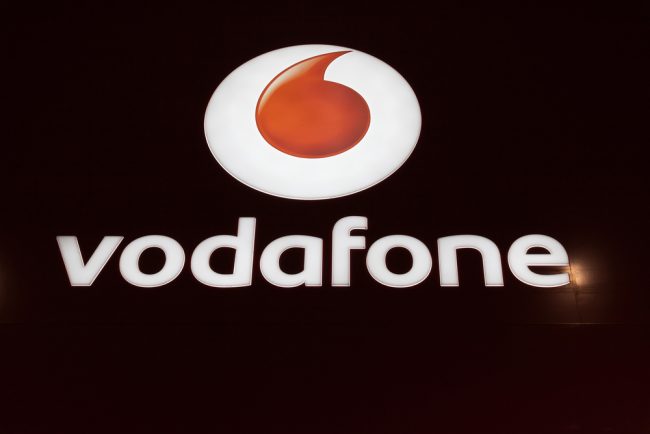Dave Dyson said his bigger rivals had deliberately acquired rights to airwaves they did not need in order to stop Three competing properly in the interests of consumers, reports The Telegraph.
He said: “EE and Vodafone are currently sitting on spare spectrum which is just fundamentally wrong.
“That’s a national assets not being used by anyone at a point in time when ourselves or O2 would immediately put that spectrum to use.”
EE and Vodafone have around 75 megahertz of unused spectrum, Mr Dyson said, roughly equivalent to Three’s entire portfolio.
Three is under increasing pressure as the smallest mobile operator in the market, after an attempted merger with O2 was blocked by the European Commission earlier this year. Ofcom, the telecoms regulator, argued the deal would reduce choice and competition.
Mr Dyson admitted to feeling “pressure and angst” over Three’s predicament as he reiterated claims that with around 15pc of available radio spectrum, it does not have capacity on its network to add enough customers and increase profitability to levels that would allow it challenge the big players.
He has previously told The Telegraph that a greater share of the airwaves would allow Three to bid aggressively for Virgin Media’s wholesale mobile contract. Poaching the deal from EE would add three million customers at a stroke.
EE, owned by BT, has rights to around 42pc of the airwaves and Vodafone 29pc. As well as more capacity, greater access to spectrum allows operators to offer faster data speeds and better coverage. Mr Dyson is attempting to push Ofcom to introduce a 30pc cap in a forthcoming auction, which could force EE to give up some of its spectrum rights if it was to bid.
He said: “If you were building a new airport and you wanted four competitive airlines you wouldn’t allocate 75pc of the landing slots to two of them.
“There is obviously an incentive for EE and Vodafone to deny ourselves and O2 the opportunity for capacity and performance improvement.”
EE and Vodafone have dismissed Three’s arguments, saying that it could have bought more spectrum in previous auctions.
Mr Dyson argued that because Three is the youngest operator, with only nine million customers compared with more than double that for all its rivals, the fixed cost of spectrum is a disproportionate burden.
However, a National Audit Office analysis of the 4G spectrum auction in 2013 found that Three bid in a way designed to ensure it “never paid more than the reserve price for the spectrum”. The public accounts watchdog said Three was seeking a bargain even as a smaller player as it was “very unlikely that the reserve price for this capacity was equal to its true value to Three’s business”.
Ofcom is due to publish proposals for the next spectrum auction in the next few weeks.


